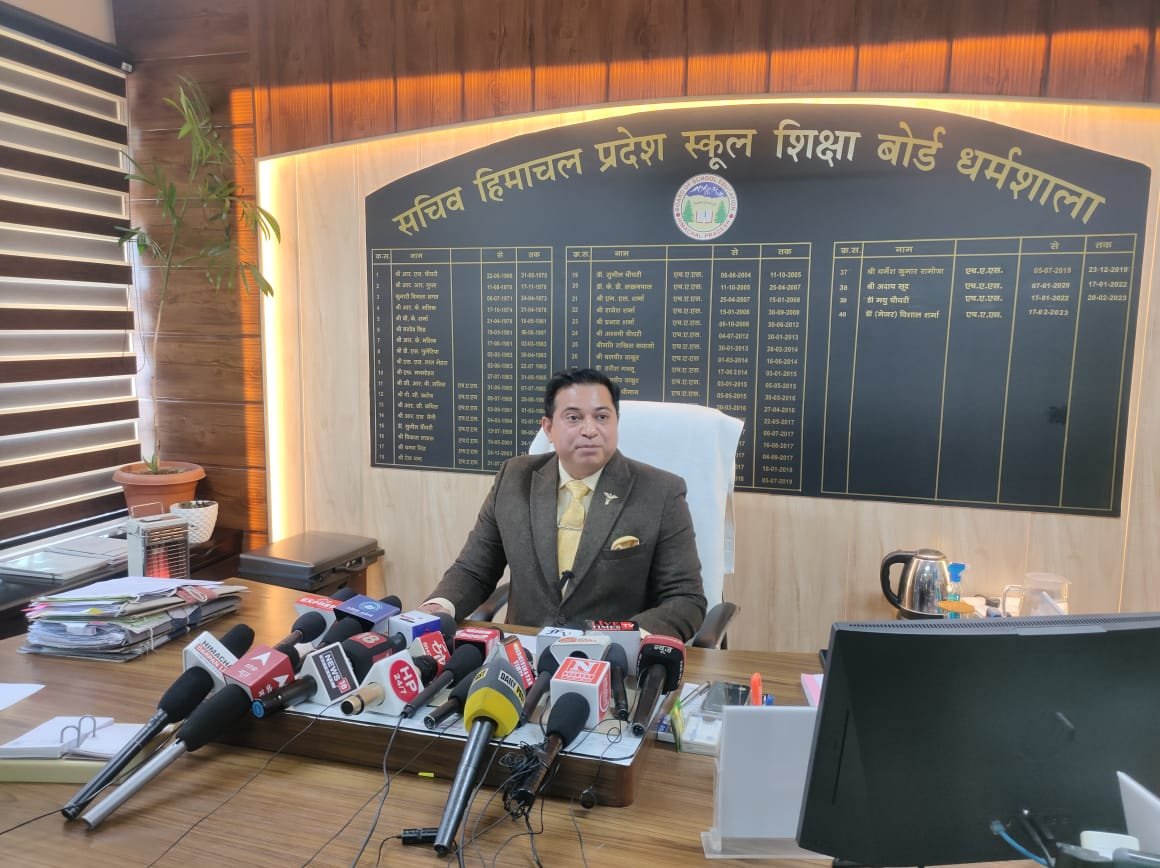Munish Sood
Mandi: In a disturbing reflection of growing political polarization and governance mismanagement, a ministerial tour intended for disaster assessment in Saraj spiraled into a crisis on Friday. Revenue, Horticulture, and Tribal Development Minister Jagat Singh Negi, representing the ruling Congress party, faced fierce public resistance—marked by black flags, slogan-shouting, and an alleged shoe attack—during his visit to Thunag, the home constituency of former Chief Minister and BJP stalwart Jairam Thakur.
The tipping point: the proposed relocation of the Government College of Horticulture and Forestry from Thunag, seen as a symbolic stripping of institutional legacy and regional equity.
Constitutional Ethos at Crossroads: Minister’s Remarks Trigger Storm
Rather than engaging in consensus-building or institutional dialogue, Minister Negi’s combative remarks accusing Jairam Thakur of “doing politics over disaster” further frayed the already tense atmosphere. His statement came at a time when the local populace, still reeling from natural calamities, had expected solidarity—not political vilification.
Critics have described the minister’s conduct as a failure to uphold the constitutional spirit of representative responsibility and mature statesmanship.
“Public servants, under constitutional oath, are expected to serve without prejudice. Instead, what we saw was partisan arrogance,” remarked a retired bureaucrat from the region.
Public Protest as Democratic Expression
What unfolded in Saraj was more than a spontaneous backlash—it was a collective assertion of democratic rights. Locals, viewing the college relocation as political vendetta, mobilized en masse outside the Thunag Rest House. Despite police deployment led by DC Apoorv Devgan and SP Sakshi Verma, the situation spiraled, with protesters surrounding the minister’s convoy and videos of the chaos flooding social media.
The crowd’s demand was simple: accountability and assurance. What they received was bureaucratic indifference, vague responses, and a lunch break—turning public frustration into symbolic acts of defiance.
Political Culture in Decline?
Minister Negi’s brash demeanor drew uncomfortable parallels to populist figures like Kangana Ranaut, known for confrontation over consensus. “We are witnessing a dangerous trend where policy is replaced by posturing, and governance by provocation,” said a political analyst.
Former CM Jairam Thakur, responding to the remarks, accused the Congress government of “punishing constituencies they lost” and warned of “deepening fault lines in governance.”
A Constitutional Reckoning Ahead
The events in Saraj should concern every believer in democratic decency and constitutional morality. When elected leaders abandon dialogue for derision and communities lose faith in equitable governance, the very foundation of democracy is shaken.
With assembly elections not too far off, the incident is likely to shape political narratives across Himachal Pradesh. At stake is more than one college—it is the credibility of governance and the sanctity of public service.





